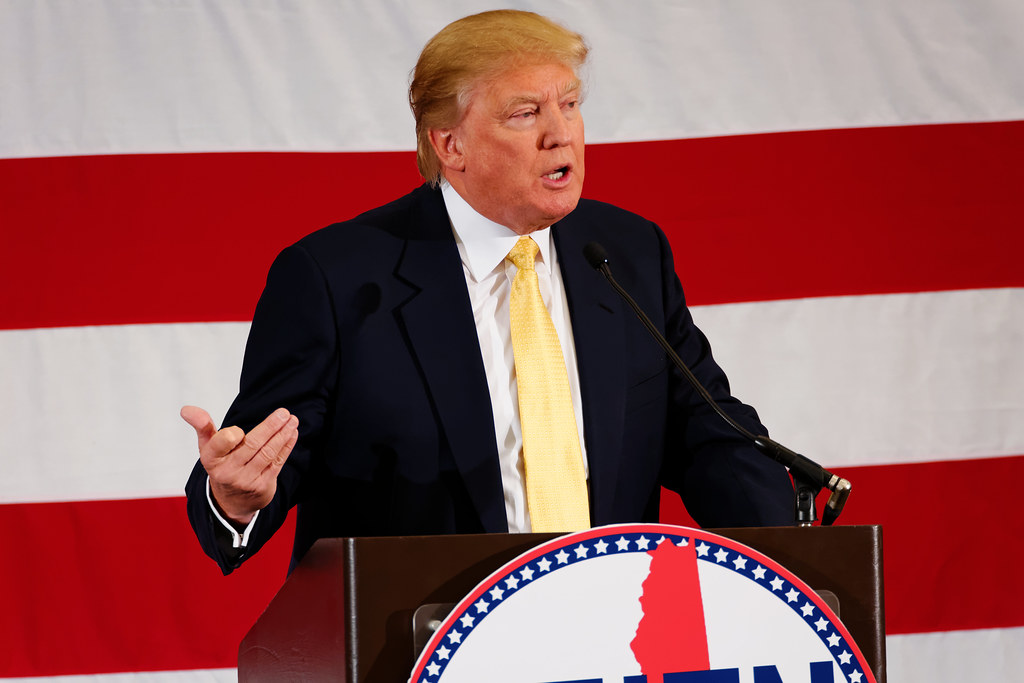Key Takeaways
- President Trump and Pfizer struck a deal to cut drug prices for Medicaid patients by up to 50%.
- A new website, TrumpRx, will let Americans buy discounted medicines directly.
- Pfizer gets tariff exemptions and promises $70 billion in U.S. investments.
- This pact could push other drugmakers to lower their drug prices.
- Experts say the agreement may reshape how we pay for medicine.
Trump-Pfizer Agreement Aims to Slash Drug Prices
President Trump has announced a major agreement with Pfizer. Under this pact, Medicaid patients could see their drug prices drop by as much as 50 percent. Moreover, the deal creates a new website called TrumpRx. That site will let people buy discounted medicines directly. In return, Pfizer wins exemptions from some tariffs. Additionally, the company pledges to invest seventy billion dollars in U.S. facilities over the next decade.
This announcement follows growing calls for fairer medicine costs. Because many Americans struggle to afford their prescriptions, this deal aims to lighten that burden. It also shows how political leaders and big companies can strike deals that affect everyday life. However, other drugmakers may face pressure to join in or risk falling behind.
How the Deal Lowers Drug Prices
First, the agreement sets clear discounts on certain prescription drugs. Medicaid patients will get these price cuts automatically. Meanwhile, other consumers can visit TrumpRx to access direct savings. The site will offer competitive rates for popular medicines. It will use secure billing and home delivery methods. Consequently, people around the country can order their prescriptions without extra fees.
Moreover, Pfizer benefits from tariff relief. This exemption lets them import raw materials more cheaply. Then they can produce and ship drugs at lower costs. Of course, the full savings must reach patients for the deal to work. Yet the agreement spells out benchmarks to ensure those cuts arrive at the pharmacy counter. In essence, the pact links financial gains for Pfizer with real-world relief for Americans.
What It Means for Patients
For patients, this deal promises immediate savings. A family that struggles to pay for insulin or cancer treatments may find relief. Instead of high out-of-pocket costs, they could pay half the usual price. Additionally, the TrumpRx portal simplifies the shopping process. It groups available discounts in one place. Hence, no one needs to compare complicated insurance plans or pharmacy fees.
Furthermore, Medicaid patients often face the steepest bills after deductibles and co-pays. This deal reduces their share directly. In turn, more patients may fill vital prescriptions on time. They will avoid risky delays in treatment. Also, simpler pricing may help families budget more easily. Because they see fixed rates, they can plan their health expenses without nasty surprises.
Possible Effects on Other Companies
This agreement may set a precedent for the pharmaceutical industry. Other drugmakers could come under pressure to match Pfizer’s discounts. After all, no company wants to claim it overcharges while a rival cuts prices by half. Therefore, we might see a ripple effect across the sector. Competitors could offer similar deals to Medicaid and other insurers.
Additionally, political leaders may use this model to negotiate future agreements. They could demand cost cuts in exchange for tax breaks or regulatory relief. Meanwhile, consumers might gain more power to demand transparent drug prices. As companies strive to look good in the public eye, they could lower list prices voluntarily. On the other hand, critics worry that hidden fees or small print may dilute the actual savings. Only time will tell if such deals truly benefit ordinary people.
What Comes Next
Next, the Trump administration and Pfizer will roll out the TrumpRx website. It should launch before the end of the year. Meanwhile, regulators must approve the tariff exemption. Once approved, Pfizer will start shifting more production back to U.S. plants. These moves could create thousands of jobs. Also, they may boost local economies near manufacturing sites.
However, success hinges on clear communication. Patients must know which medicines qualify and how to use the TrumpRx site. Therefore, an outreach campaign will explain the process. It will include how-to videos, online tutorials, and community events. Ultimately, if Americans embrace the portal, drug prices nationwide may follow suit.
On the flip side, some experts warn of potential pitfalls. For instance, tariffs might return if trade tensions flare. Or Pfizer might not meet its investment target. In that case, the deal’s benefits could unravel. Yet for now, the pact represents a bold push to reshape how we pay for medicine.
Reasons to Watch the Deal’s Impact
First, consumers will soon see if their next refill costs less. Then, patient groups will track whether hospitals and clinics notice savings. Next, investors will watch Pfizer’s stock and U.S. investments. Finally, lawmakers could use the pact as a model for broader health care reforms.
Overall, this venture may mark a turning point. By tying tariff relief to real price cuts, it shifts how agreements are negotiated. If it works, it may spur a wave of deals that put patients first.
FAQs
How will Medicaid patients get these new price cuts?
Medicaid patients will automatically pay lower rates when filling prescriptions at pharmacies that accept Medicaid. They do not need to sign up for anything extra.
Can non-Medicaid users use TrumpRx for discounts?
Yes. Anyone can visit TrumpRx to find discounted prices on eligible Pfizer drugs. They will see clear pricing and secure checkout options.
What happens if Pfizer fails to invest the promised $70 billion?
The agreement includes benchmarks. If Pfizer misses its investment goals, tariff exemptions could be revoked. Details will depend on final regulatory rules.
Will this deal force other drugmakers to cut prices?
It might. As one major player lowers drug prices, competitors could face pressure to keep up. Lawmakers might also push for similar deals with other companies.
